Around the issue of many traders returning gasoline distribution licenses
Nearly 20 businesses have proactively returned their certificates of eligibility to be petroleum distributors. Currently, there are more than 290 distribution businesses on the market, and it is predicted that the number of businesses returning their licenses may increase.
Difficulties come from many sides
The Ministry of Industry and Trade has just revoked two more certificates of eligibility to act as petroleum distributors of Cuu Long Fuel Trading Joint Stock Company (HCMC) and Viet Nhat Petroleum Development Investment Company Limited (Ninh Binh).
The reason for the revocation is that the traders proactively returned the certificates when they could no longer maintain the conditions to be petroleum distributors according to regulations.
Thus, since the beginning of the year, about 20 petroleum distributors have returned their licenses.
It is known that the number of petroleum distributors has decreased from 330 enterprises in 2023 to less than 300 enterprises. That means, more than 30 enterprises are no longer participating in the petroleum distribution market.
The increase in license returns comes as the Ministry of Industry and Trade requests wholesale traders and distributors to report on maintaining the conditions for being wholesale traders and distributors of petroleum as prescribed. Accordingly, many traders who do not maintain the conditions have proactively returned their certificates of eligibility to be petroleum distributors.
In addition, the increase in the number of businesses returning their licenses is also due to difficulties caused by fluctuations in the petroleum market in recent times, along with the tightening of operations by management agencies, including tightening invoices when selling petroleum, making business profits no longer attractive. Many businesses are even on the brink of bankruptcy.
In addition, the Ministry of Industry and Trade's drafting of a Decree on petroleum trading, with new regulations, is expected to create more difficulties for distributors.
According to Mr. Van Tan Phung, Chairman of the Board of Directors of Dong Nai Petroleum Company: “The petroleum supply chain needs to be ensured by a strong domestic business community, through a distribution network from import to retail. However, the management mechanism in the past and the provisions of the new Draft Decree continue to maintain the increasing dominance and oppression of large enterprises that are dominating the market, leading to unprofitable distribution and retail.”
It is known that in the Draft Decree under construction, the Drafting Committee proposed a new regulation that petroleum distributors are only allowed to buy petroleum from the main petroleum trader, and not from other suppliers. While the current regulation allows distributors to get petroleum from many sources.
This proposal has caused frustration for a segment of distribution businesses, who believe that this new regulation will give too much power to the main traders, making the distribution system dependent on the main traders for both supply and business benefits. Continuing to do business will risk a sharp decline in revenue and profit.
Mr. Hoang Trung Dung, General Director of Petroleum Additives and Products Development Joint Stock Company (APP) frankly said: "The regulation that distributors are not allowed to purchase goods from multiple sources is tightening business conditions, constraining and limiting market freedom."
Remember, during the shortage of goods in mid-2022, key businesses were worried about ensuring the supply of goods in their system and "abandoned" the system of distribution traders.
Believing that if traders are not allowed to buy from each other, their system will not have gasoline to sell to the people, therefore, gasoline distributors have repeatedly requested to continue to regulate that gasoline distributors are allowed to buy and sell gasoline from many sources, including gasoline producers. In addition, for businesses that dominate the market, they should be divided into two independent units (import and distribution, retail) to avoid manipulation and monopolization.
The number of businesses leaving the market may increase.
Speaking with a reporter from Dau Tu Newspaper, a representative of a distribution enterprise predicted that if the Ministry of Industry and Trade still maintains regulations on restricting the business rights of distribution enterprises, not allowing the mutual purchase and sale of gasoline, more gasoline distributors will continue to return their business licenses and leave the market.
In a recent petition sent to the National Assembly Standing Committee and relevant ministries and branches, petroleum distributors pointed out the fact that thousands of distribution and retail businesses in this field are dependent on key traders.
In addition, the regulation that only allows distributors to purchase goods from wholesale traders may create advantages for large enterprises, create commercial privileges and eliminate the possibility of fair competition among components in the petroleum distribution supply chain.
Explaining the reason for not allowing distribution enterprises to buy gasoline from multiple sources, the Domestic Market Department (Ministry of Industry and Trade) said that, according to the opinions of the Central Inspection Committee, the Government Inspectorate, and the Ministry of Public Security, allowing gasoline distributors to buy gasoline from each other creates intermediaries in the distribution stage (secondary market), increasing costs in this stage, making it difficult to control supply. Therefore, the Draft Decree stipulates that gasoline distributors are only allowed to buy gasoline from the main gasoline traders, and are not allowed to buy and sell gasoline from each other.






![[Photo] Cat Ba - Green island paradise](/_next/image?url=https%3A%2F%2Fvphoto.vietnam.vn%2Fthumb%2F1200x675%2Fvietnam%2Fresource%2FIMAGE%2F2025%2F12%2F04%2F1764821844074_ndo_br_1-dcbthienduongxanh638-jpg.webp&w=3840&q=75)

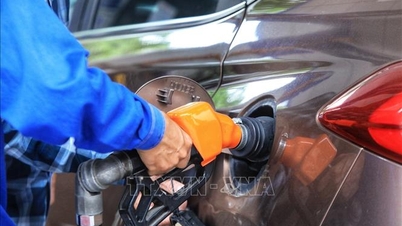

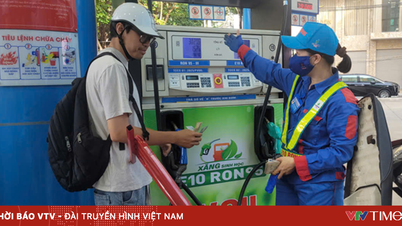



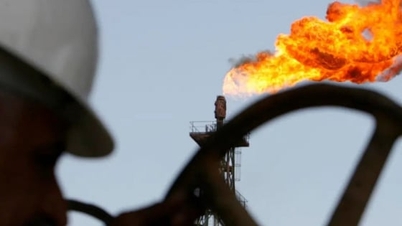

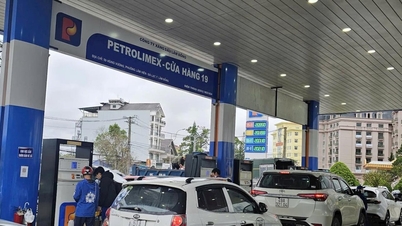

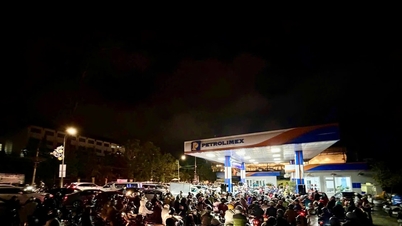
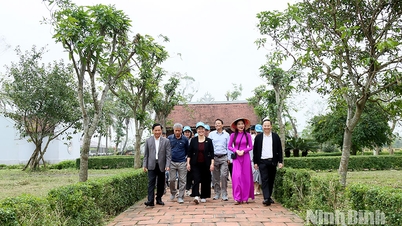


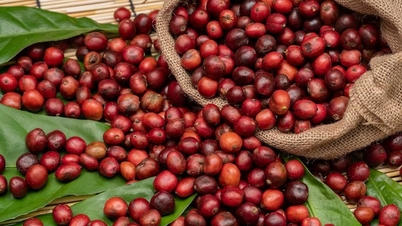
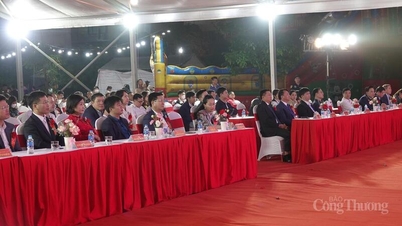









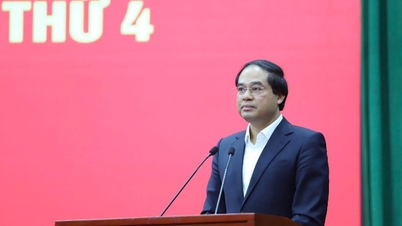












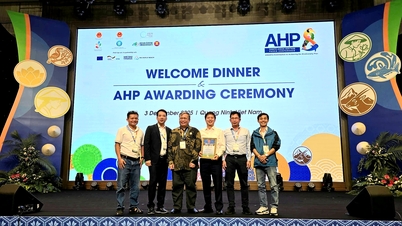










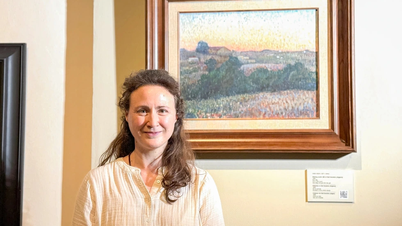
















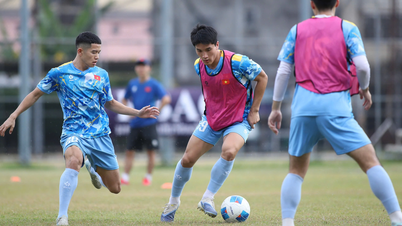
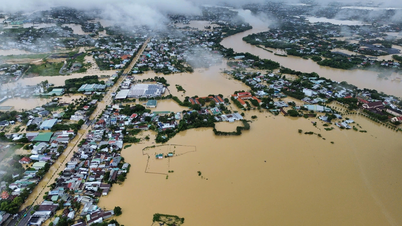





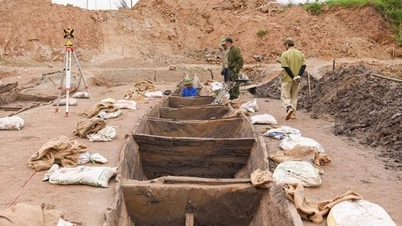


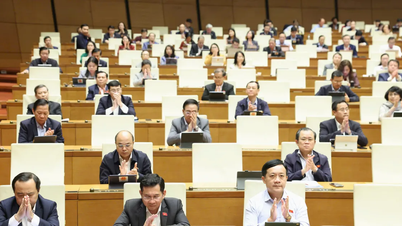

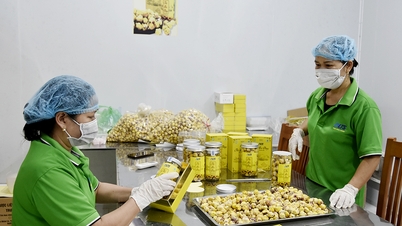

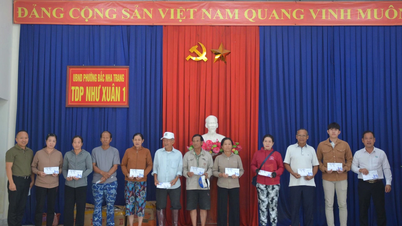
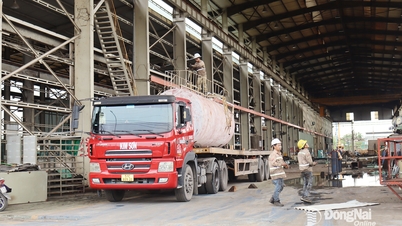

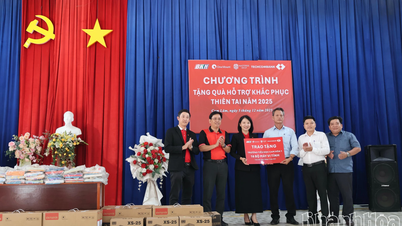
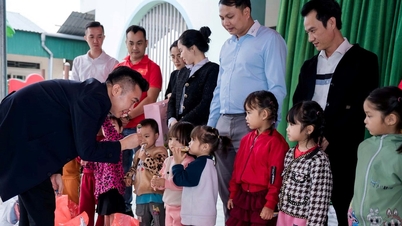


















Comment (0)